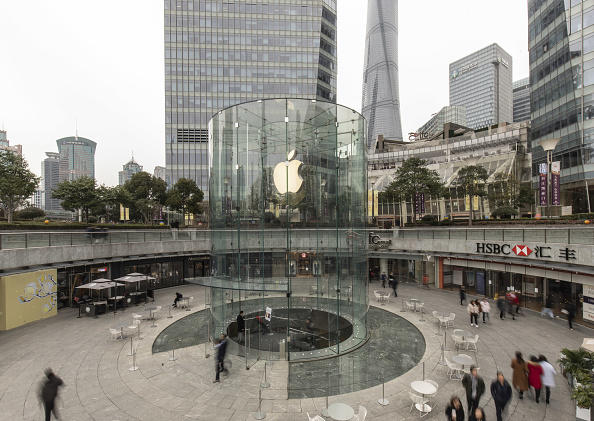Facial recognition software has been critiqued time and time again for its inability to actually recognize people — especially if they’re Black. Despite that, many stores moved forward with implementing facial recognition into their security software, but it may have caught up to one.
On Monday, Ousmane Bah — an 18-year-old from New York — filed a claim against Apple and the security firm Security Industry Specialists Inc. Bah claims that he was detained in a “traumatic” false arrest due to misidentification by Apple’s facial recognition software.
According to the suit, Bah received a summons from a court in Boston while he was still in high school. He was accused of stealing $1,200 worth of Apple products from an Apple Store on May 31, 2018.
However, the suit notes that Bah has never been to Boston. Furthermore, on the day the summons said the theft took place, the suit says Bah was attending his senior prom in Manhattan.
The claims did not end with just Boston. Bah was also accused of stealing from Apple Stores in New Jersey, Delaware, and New York City. In November 2018, Bah was arrested at 4 a.m. by the New York City Police Department.
“The warrant that police had included a photo of a suspect that did not resemble Mr. Bah, but police nevertheless executed it,” the suit says. “This arrest left Mr. Bah, who had never been in trouble with the police, feeling humiliated, afraid, and deeply concerned.”
It was an NYPD detective who eventually came to realize that the suspect looked “nothing like” Bah. He guessed that someone had used Bah’s lost ID at one of the Apple Stores. At that point, the detective explained that Apple’s security technology “identifies suspects of theft using facial recognition technology.”
The suit went on to state that Apple’s “use of facial recognition software in its stores to track individuals suspected of theft is the type of Orwellian surveillance that consumers fear, particularly as it can be assumed that the majority of consumers are not aware that their faces are secretly being analyzed.”
There are no details on how Apple’s facial recognition security software works. However, the suit does make a comparison to Apple’s Face ID, noting that “when a name is mismatched to a particular face, the security benefits of the Face ID software become a criminal’s weapon.”
There is currently still a case pending in New Jersey, but all other charges against Bah have been dismissed.

